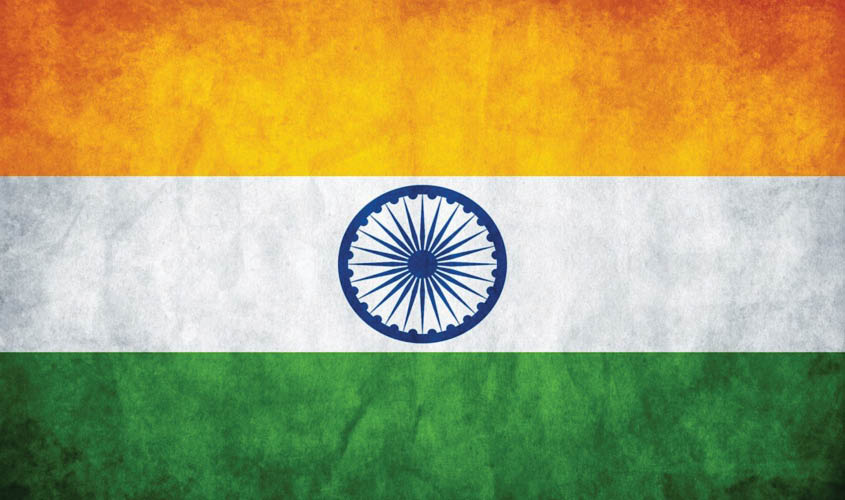At the 72nd anniversary of Independence, India celebrated the successful freedom struggle against the British. It is also time to examine the state of freedom in the state, economy, and society of India.
To be sure, the Leviathan grows in size, scope, and ferocity by the day—at the expense of individual freedoms, civil liberties, and democratic rights. The recent amendment to the Right to Information Act is an illustration. It has changed the tenures of the Central Chief Information Commissioner and Information Commissioners from fixed terms to “such term” as may be prescribed by the Central government. This severely curtails RTI.
The recent amendment to the Companies Act, 2013, pertaining to corporate social responsibility (CSR) norms not only curtails the economic rights of big business, but also threatens to imprison top corporate bosses for non-compliance. And, of course, it is a moral monstrosity: never before and nowhere else has anyone been thrown behind bars for not being charitable.
Then there are the tax authorities who can make any businessperson’s life miserable. The death of CCD founder V.G. Siddhartha is attributed to the harassment he faced at the hands of income tax officials. Manipal Global Education chairman T.V. Mohandas Pai, who otherwise admires the “good work” of Prime Minister Narendra Modi, has been voicing concern over tax harassment. Biocon chief Kiran Mazumdar Shaw recently told a newspaper that “a government official” called her, urging her not to speak about income tax harassment.
Many others representing India Inc have also aired their views about the harassment that entrepreneurs have to undergo. Something is surely very wrong with the treatment meted out to them by officialdom; economic rights and freedoms of wealth creators are constantly being eroded.
And they are increasingly beseeched—indeed more browbeaten than beseeched—to share the dogmas and shibboleths of the political class. For instance, they have been commandeered to join the government to eradicate poverty; they have to shell out more in personal income tax; they have to spend a certain amount on philanthropy under pain of imprisonment.
It is a truth universally acknowledged that a nation that wants to eradicate poverty must increase its wealth; this increase is predicated upon augmented economic activity and not on the distribution of the existing riches. This is how Western nations and Japan have become prosperous. But since Independence, our political masters, aided and abetted by a pinkish intellectual class, have focused on socialist policies that slow down rather than speed up economic activity.
While infringement of economic rights perpetuates poverty, the assault on creative freedom keeps filmmakers, writers, artists, etc., on their toes. The director of Ayushmann Khurrana-starrer Article 15, Anubhav Sinha, is slugging it out in courts to get the movie released at Roorkee in Uttarakhand and Kanpur in Uttar Pradesh.
In the hill state law and order concerns were cited for the proscription, whereas in UP some Brahmin organisations had objected to the film. In other words, it is not just the growing Leviathan that is the issue; the rise and entrenchment of social orthodoxy is no less problematic.
It is ironic, and depressing to accept, that there was more freedom to discuss social, cultural, and religious matters in the 19th century than there is today. What Raja Ram Mohan Roy and Swami Dayanand Saraswati of Arya Samaj did two centuries ago is almost inconceivable today. The Swami, a crusader against idolatry, would have slammed the UP government for the Ram statue at Ayodhya; but no Arya Samajist of any consequence has opposed the project. Perhaps for fear of being branded as a Khan Market Gang member. The same fear was palpable till a few years ago among public figures in talking about Islam. Even their statements about jihadist terror were hedged with several caveats and references—a religion of peace, a handful of Muslims sullying a great faith and, of course, the grand Sufi tradition. Meanwhile Satanic Verses was banned and Taslima Nasreen persecuted and even attacked.
Professional revolutionaries blame the Narendra Modi regime for every problem the country faces—from economic slowdown, jobless growth, and tax terrorism to the erosion of freedom. The truth, however, is that the present dispensation is just continuing what the earlier ones, many of which were ideologically bolstered by Left-liberals, did. For instance, it was not the Modi government that introduced the draconian Section 66A of the Information Technology Act, 2009, though it did uphold the section’s legitimacy. The Supreme Court invalidated it in 2015.
In short, everybody in India—the BJP and the Congress, the Left and the Right—has harassed, molested, and ravaged liberty. To paraphrase Nietzsche: “Liberty is dead. Liberty remains dead. And we have killed her. How shall we comfort ourselves, the murderers of all murderers? What was holiest and mightiest of all that the world has yet owned has bled to death under our knives: who will wipe this blood off us? What water is there for us to clean ourselves? What festivals of atonement, what sacred games shall we have to invent?”
But our Independence Day celebrations are not festivals of atonement, for we, despite our culpability, are not even aware of the murder. The sphere of liberty continues to shrink.
Ravi Kapoor is Editor, www.thehinduchronicle.com

